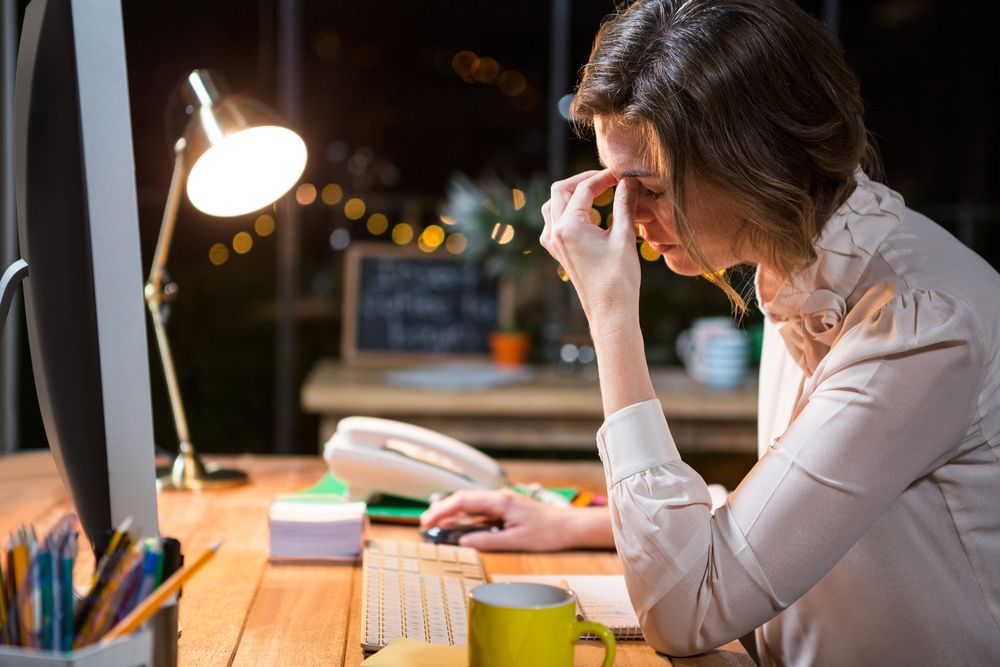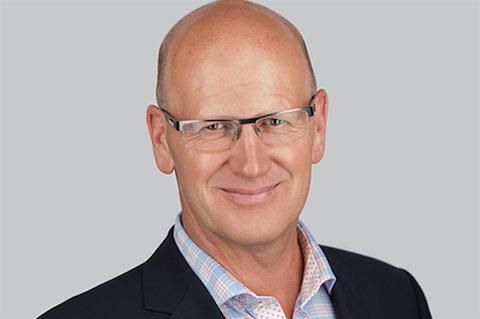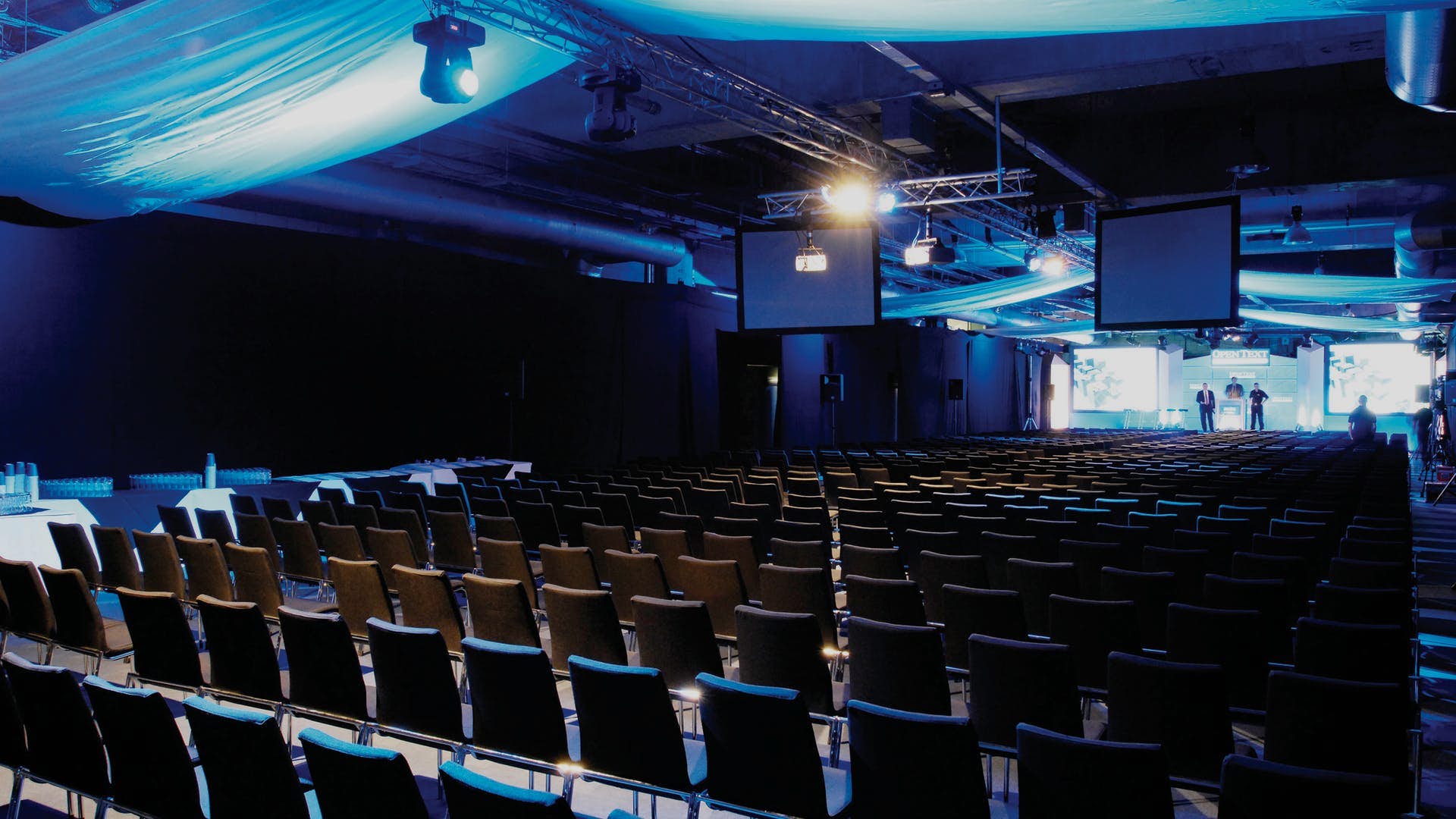The penultimate session of our virtual event on COVID-19 and the events industry's response was titled 'The Ultimate Comeback: How Can We Develop An Even Stronger Events Industry After COVID-19?'.
We welcomed Carina Bauer, CEO of IMEX Group, and Richard Waddington, Chairman of the Event Marketing Association (EMA) to discuss this topic, which was moderated by Jennifer Jenkins, Director at Worldspan.
You can watch the video below, or read on for our key takeaways of the session.
Table of Contents
1. Learning to adapt
2. The new normal
3. Extending the life of live events
4. All about balance
5. Greater technology integration
6. Q&A
7. The Speakers
Key Takeaways
Learning to adapt
Carina notes this experience has been an emotional whirlwind at IMEX, and indeed across the whole industry. As we begin to understand the true scale of the pandemic at hand, we need to learn to work in different ways to be able to react and adapt to change
One of the key concerns for IMEX is the supply chain for their events - Carina says they didn't want to create additional, undue pressure and expense to their suppliers, so it is important for everyone to work with their partners and suppliers to avoid any extra stress.

The new normal
Richard informs us that we first have to recognise what the true crisis will look like, to be able to take a quick step back and review what we’re good at and how this may be able to help. It is too early yet to predict what the 'new normal' of the events industry will look like, and it will be a while before we get to see what will come out of this. So, in the meantime, we've got to think how can we kickstart the industry looking forward, in order to forge a new future.

Extending the life of live events
This is a huge learning curve for us. Carina believes that there will be some differences within live events but fundamentally they will remain the same and return with a bang, perhaps with a transition period of 2 or 3 years. However, finding a way to extend the life of an event through technology is now very important. As an industry we have been slow to do that, as we haven't needed to until now. This can be as simple as repurposing event content for your broader network or moving the event conversation to social media.

Greater technology integration
Richard believes steering the industry to display greater integration of technology into live events is a way we can give the industry a boost when it's back up and running again. He states that the current pandemic is forcing people to look at the technology available and find new ways to extend an event's shelf life. Events should remain focused on communication and we shouldn't be holding a live event for the sake of it: we should use technology to our advantage to make the best event possible.

All about balance
Richard goes on to note that it is also crucial to have a balance now between live and virtual events. In the past, there has been a resistance to using technology to allow people to attend an event without physically being there, but now it is, again, going back to integration. If you can hold a live event AND provide some virtual capability, this will extend your reach so people can still receive some of the content, even if they can't make it in person.

Q&A
How is the industry planning for the next few months? With everything so uncertain, are venues/supplier/agencies forecasting any revenue?
Richard believes the next 2-3 months are going to be very telling, and that it’s too early to predict with an certainty at this point. However, corporates have cancelled all activity currently planned until September and will review as the months progress – the general view is most things will move to 2021. It’s not just about waiting for the restrictions to lift, but taking into account when people will be ready to start attending events again.
If event organisers move to a more virtual world, how do you think this will affect venues?
Richard notes that activity is currently moving to virtual as a knee-jerk reaction to the situation. However, corporates are quickly realising the value and using professional communication agencies to work with them on content and putting together ‘TV style’ events. Agencies that offer, or are able to pivot to, these services are doing well, but it's worth remembering that virtual content needs to be managed and produced correctly.
Carina believes that the human need to gather in person, will remain and that there will be a real pent-up demand for face-to-face connection. However, this demand can only be realised once the health and medical situation is under control. Venues that can support and work with their clients in the short term, will be busy again in the future.
How should the industry plan better for 2021 and the influx of events we are likely to see?
Richard states that it won't be like turning on a tap and all will return as it was. Corporates recognise the value of live events, however it will return slowly. Carina agrees that the return to ‘normality’ will be gradual with smaller, more local events first and then moving onto larger, global events once the medical crisis is under control, and the sentiment is such that people are comfortable and confident to travel and gather in large groups.
Carina adds that as an industry we need to be sensitive to this and plan ahead with this staged approach in mind. We also need to review the way we run events and ensure that we are doing everything we can to give the highest priority to the safety and comfort to our delegates.
What key things should we be focusing on while we plan ahead?
For Richard, reducing overheads, working out how to adapt to the new world, looking after relationships and understanding how you can support clients and suppliers is important. It's going to be a long game, so businesses that have managed themselves well in a strong market will be able to survive in a bad one – if they have built a balance sheet to help them weather the storm, they should be able to capitalise in a down market.
Carina notes that we need to look after our suppliers, freelancers, contractors and staff during this crisis. The more that we can support each other, as an industry, the better placed we will all be to come out of this crisis quicker. We need our small businesses, as well as the large businesses, to survive this together. We can also take the time to upskill our workforce, or ourselves, to be as ready as we can be for the coming few years.
The Speakers
Carina Bauer, CEO, IMEX Group
Carina was appointed CEO of the IMEX Group, following the expansion of the IMEX brand into America in 2009. In this role, Carina is responsible for all aspects of the business. Prior to this, she worked within the retail and catering business with GoodBean Coffee as Managing Director. Throughout her career, Carina has been an active member of the meetings industry. She was Chair of the Marketing Committee for MPI’s European Meetings & Events Conference, London (2008), has served on the Board of the MPI UK Chapter, the MPI International Multicultural Committee and on PCMA’s Global and Advocacy Taskforces. She is currently President of the SITE Foundation and serves on the AEO Council.

Richard Waddington, Chairman, EMA
Formally Founder and CEO of First Protocol (now FIRST), Richard has been involved in the events and hospitality industry all his life. Having exited FIRST at the end of 2012 through a MBO, he has stayed extremely active in the industry, investing in numerous startups, advisory and Non-Exec roles. Richard set up EMA in 2013 as a not-for-profit in response to a number of corporate contacts wanting their own industry network where they could meet and discuss in a peer to peer environment. With now over 900 members across the UK, EMA is the home and voice for the in-house event professional.

We hope you enjoyed reading the key points from the penultimate session of our virtual event. We will be releasing the last session soon, so keep an eye out! You can read the takeaways from the other sessions here.
If you're interested in holding a virtual event of your own, please fill out this enquiry form with your brief and we will get back to you to turn your vision into a reality.
We've also created a platform to keep you up-to-date with all the latest Coronavirus news, as well as the latest useful industry responses to the ongoing pandemic.
Author

Izzie Lachecki
Izzie brings a deep understanding of the events world to Hire Space, and keeps busy by writing lots of Hire Space and EventLAB content and managing the Hire Space social media presence.


